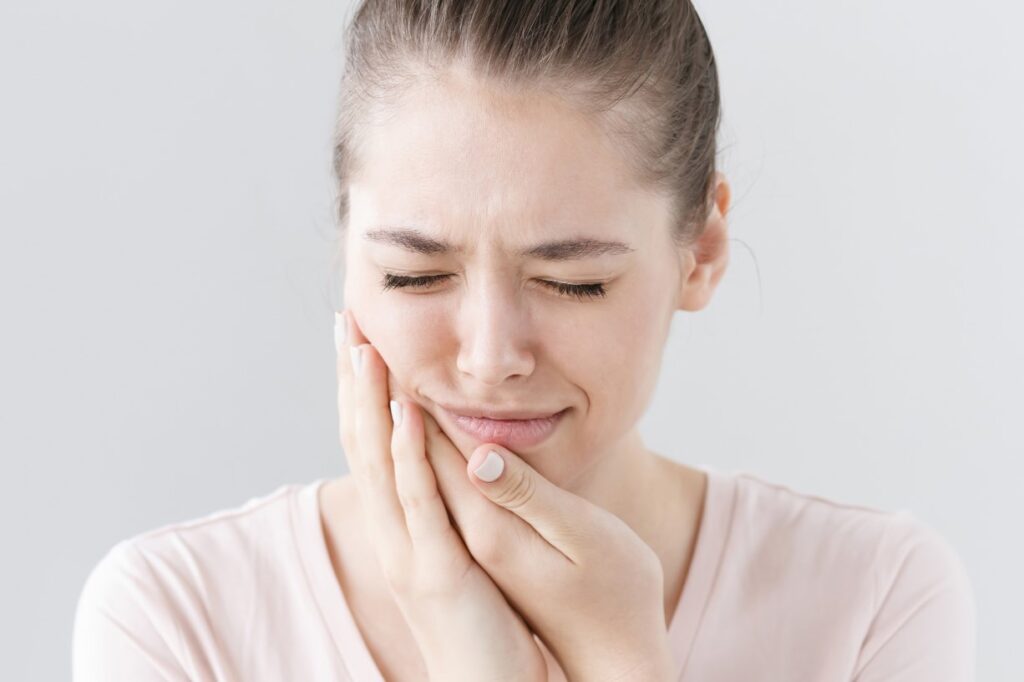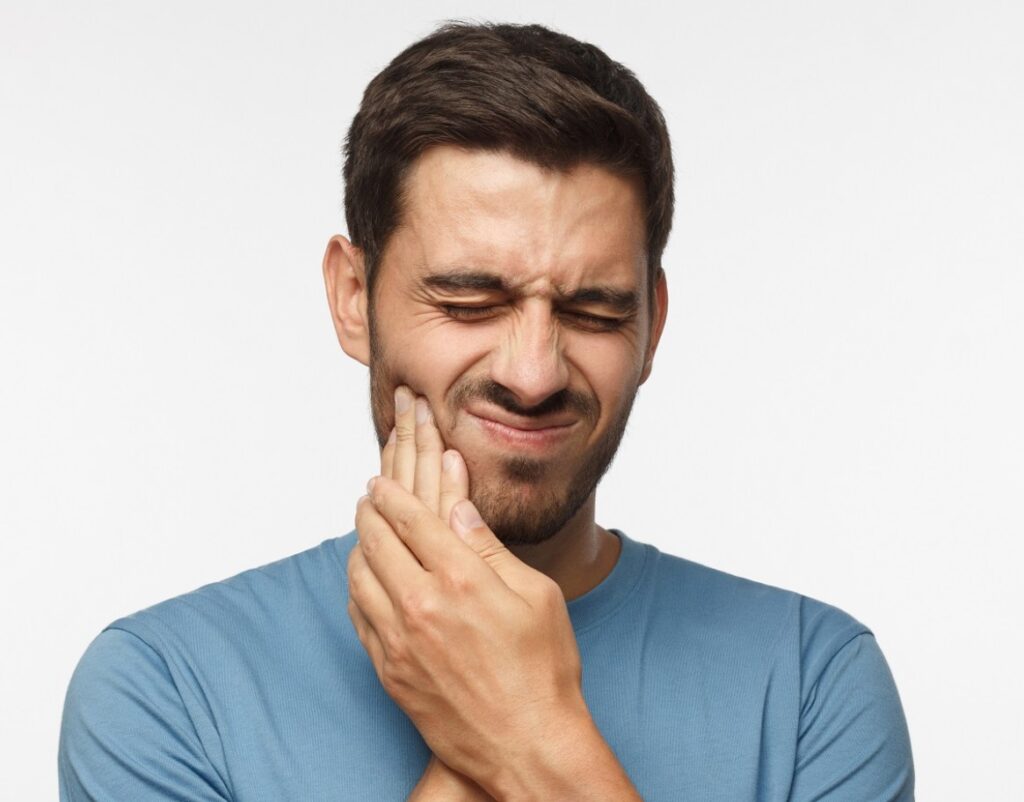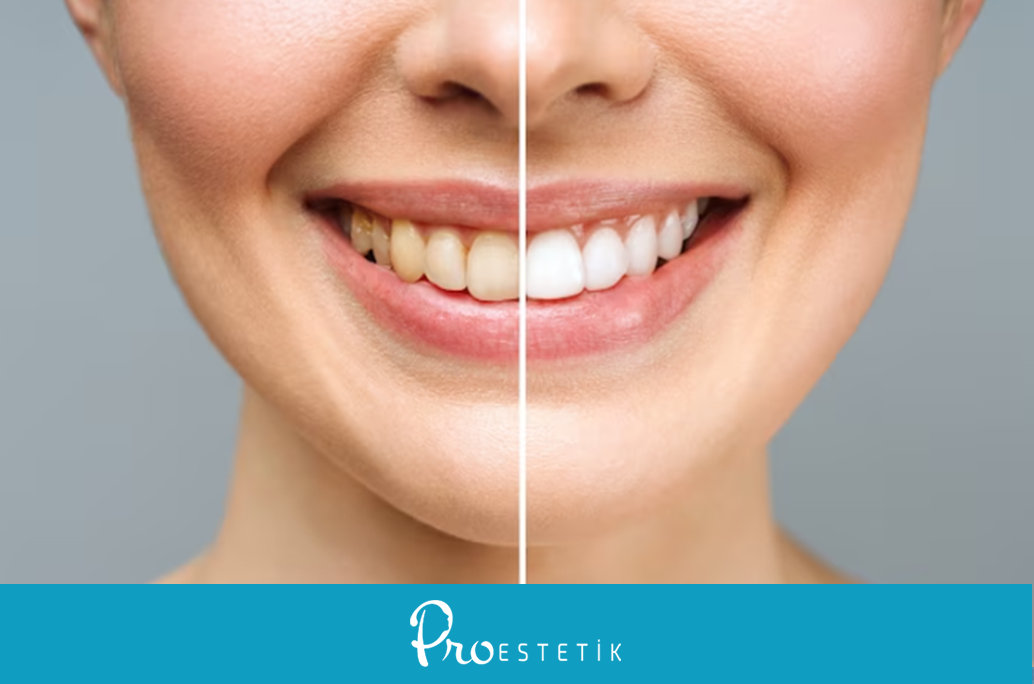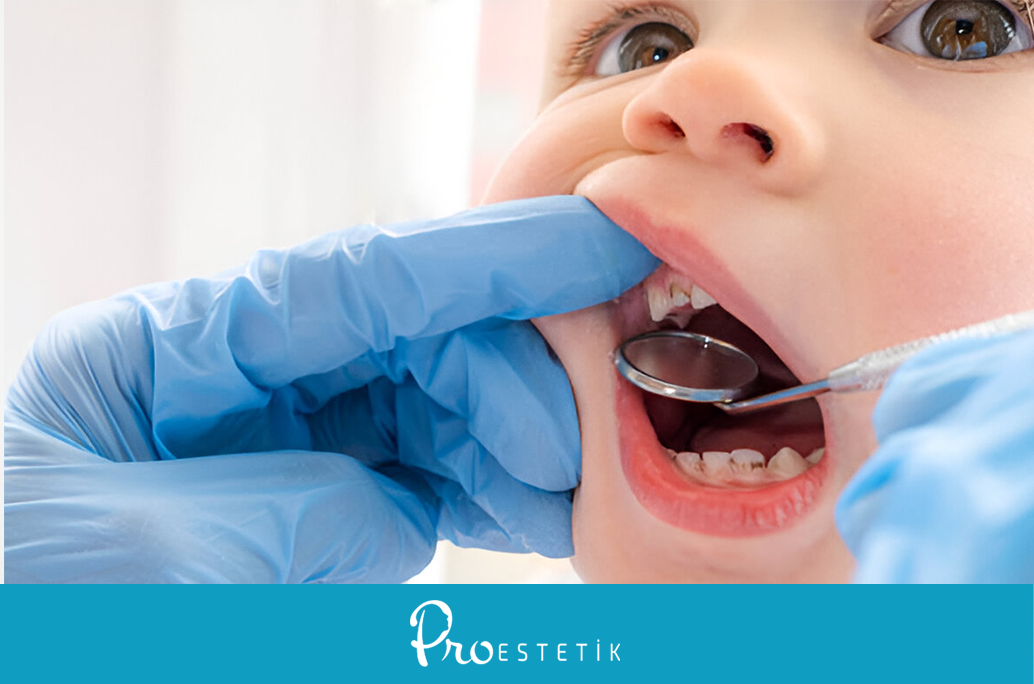Many people research why toothaches occur. The causes of toothaches can vary depending on the individual's condition. Toothache problems are one of the common issues experienced by almost everyone in daily life.
Individuals often try to find solutions to toothaches without consulting a dentist. While some home remedies may temporarily alleviate toothaches, they are not definitive solutions.
Certain chemicals that individuals use without problems can also cause significant harm to the teeth and gums. Therefore, when experiencing pain, the individual should consult a dentist directly to determine the cause of the pain.
What is Toothache?
Before answering why toothaches occur, let's define this problem.
Toothache refers to pain inside or around the tooth. These pains can range from mild to severe.
Patients often try to alleviate toothaches with their own solutions before the pain intensifies, but the correct way is to consult a dentist.
Inside the tooth is a structure filled with nerves, blood vessels, and tissues called pulp. The nerves in the pulp are among the most sensitive nerves in the human body. When these nerves are damaged, the patient begins to feel toothache. Toothaches can lead to fever, swelling on the face, or ear pain.
Causes of Toothache:

The psychological and physical causes of toothaches can vary. One of the most common causes among patients is tooth decay.
If these cavities are not treated quickly, they can cause more severe pain. Below, you can find the main causes of toothaches:
- Tooth Decay: The reason decayed teeth cause toothaches is the accumulation of food particles in the decayed area, leading to the formation of bacteria. These accumulated bacteria eventually reach the pulp, causing discomfort to the patient. Once the bacteria reach the nerves of the tooth, the patient experiences intense pain day and night. If your teeth hurt for a short time after consuming sweets and then the pain subsides, there is a high probability that you have cavities.
- Gum Diseases: Toothaches can sometimes be related to gum problems. Especially in cases of gum bleeding and the formation of dental abscesses, patients feel severe pain in their teeth. Due to the formation of abscesses in the area, the teeth are compressed, leading to toothache.
- Wisdom Teeth: As the wisdom teeth in the mouth begin to grow, the gums split, the roots are stressed, and the jawbone widens to make room for this new tooth. As a result, the patient feels severe toothaches.
- Damage to Tooth Fillings: Tooth fillings are procedures performed to fill the gaps created after removing cavities from the teeth. If proper filling is not done after cleaning cavities in your teeth, you may feel pain.
- Teeth Grinding (Bruxism): Due to stress, anger, anxiety, incorrect biting habits, or certain medications, a person may grind their teeth, especially during sleep. As a result of these intense teeth grinding, the patient feels pain in the teeth in the morning. Therefore, bruxism treatment should be started as soon as possible.
How to Relieve Toothache:

Everyone suffering from toothaches wonders what is good for toothaches. First and foremost, it is important to note that when you feel toothache, you should see your dentist for an examination.
Using a medication without your dentist's recommendation will provide only temporary solutions. Cologne or alcohol applied on your own can cause serious damage to your gums and the soft tissues inside your mouth when in contact.
Toothache treatments vary depending on the cause of the pain. For example, if you have pain due to cavities in your teeth, the cavities should be cleaned, and then a dental filling should be applied. The answer to why toothaches occur will also determine the form of treatment.
If the cause of the pain in your teeth is an infection in the tooth nerves, you may need root canal treatment.
When you first feel toothache, start cleaning the area with a soft toothbrush, then finish the cleaning using dental floss. In addition to brushing and using dental floss, you can clean the tooth area by gargling with salt water.
In addition to these methods, applying ice to the painful area can also help relieve pain without damaging your teeth at home. Another way to relieve toothache without harming your teeth is to crush a garlic clove into a paste and apply it to the painful area. Garlic helps kill bacteria in the teeth and can provide relief to the patient for a while. If you don't want to crush garlic, you can chew a garlic clove near the painful tooth.
What Helps with Toothache?
We mentioned earlier that the main causes of toothaches are cavities, fillings, injuries, and dental abscesses. The answer to what helps with toothaches can also vary depending on these reasons.
Alternative suggestions that help with toothaches are as follows:
- Gargling with salt water.
- Using dental floss.
- Applying clove oil, garlic paste, or vanilla extract.
- Applying an ice compress.
- Using painkillers.
These are temporary relief methods. For the actual treatment of toothache, you must undergo a dental examination.
Why Does Toothache Affect the Ear?

The phenomenon of toothache radiating to the ear is a common occurrence in patients. However, the correct diagnosis and the reasons for this, as determined by your doctor, are essential.
Although toothache is not directly related to the ear, a specialist should identify the underlying causes. In the case of why toothaches occur, let's continue with explanations...
Why Does Toothache Affect the Eye?
Toothaches that affect the eye are generally related to upper canine teeth. If there is a severe abscess in these teeth, the toothache may affect the eye.
The nervous system in the head and face is quite complex. Therefore, how a toothache created by a specific tooth affects your eye should be determined by a specialist. Otherwise, improper applications may lead to risky situations.

 English
English Turkish
Turkish Deutsch
Deutsch العربية
العربية![[:en]What Causes Toothache? What's Good for You? Treatment Methods![:tr]Diş Ağrısı Neden Olur? Ne İyi Gelir? Tedavi Yöntemleri![:de]Was verursacht Zahnschmerzen? Was gut für dich ist? Behandlungsmethoden![:ar]ما الذي يسبب آلام الأسنان؟ ما هو جيد بالنسبة لك؟ طرق العلاج![:] diş ağrısı neden olur](https://proestetik.com.tr/wp-content/uploads/2023/04/dis-agrisi-neden-olur-1.jpg)










